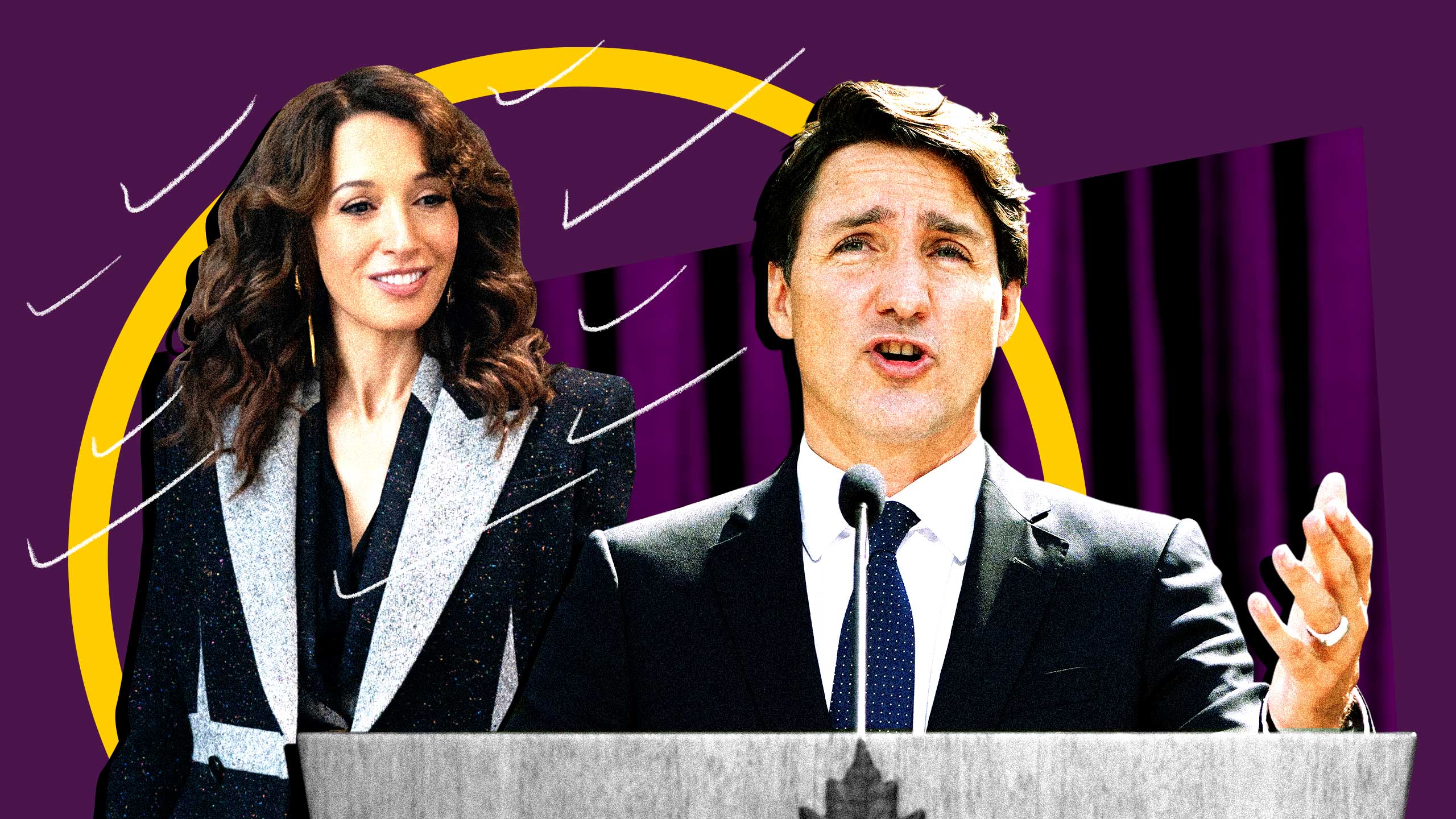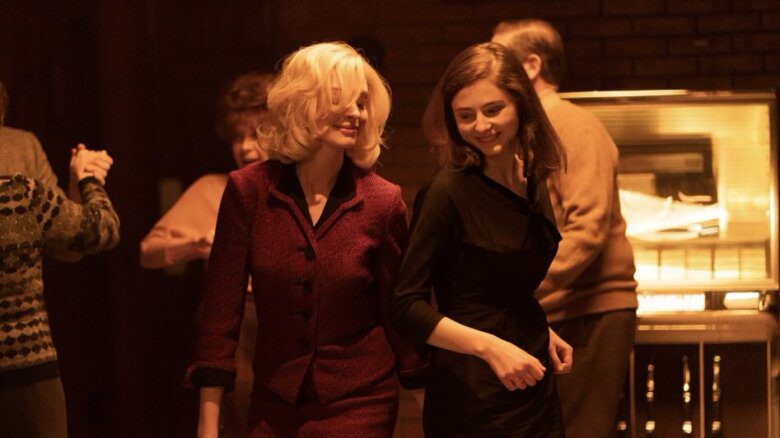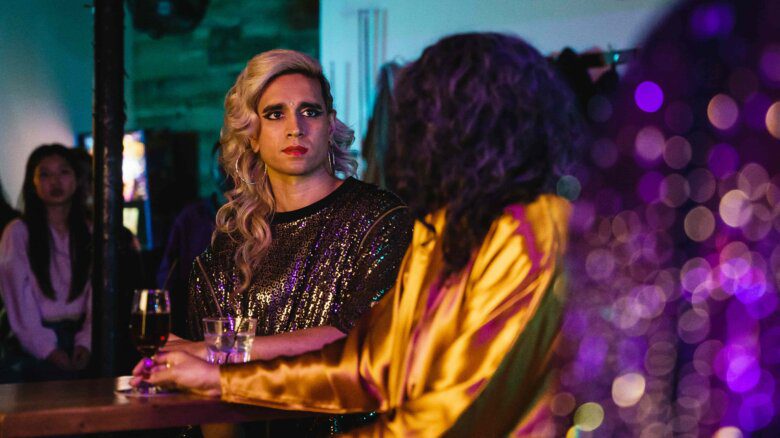Across Canada, campaign planes are out, attack ads are being posted to social media and the 2021 federal election is in full swing.
The Sep. 20 election has already had its fair share of thrills (and poppers talk). But for some of us, the cut and thrust of real elections pales in comparison to the fictional ones—especially when queer folks are involved. Our favourite LGBTQ2S+ shows, from Queer As Folk and various Ryan Murphy productions like Glee to multiple seasons of RuPaul’s Drag Race, have not shied away from tackling political intrigue and elections.
With that in mind, here are three queer TV moments Canadian federal candidates (or any political candidate, for that matter) would be wise to take some lessons from ahead of voting day in Canada.
Better Porter’s mayoral campaign (The L Word: Generation Q)
When plot details of the L Word reboot were first revealed and we all found out that Jennifer Beals’ Bette Porter was running for mayor, the lesbians rightfully lost their minds. The prospect of Bette bringing her art mommy power-top energy to political office was absolutely thrilling, and the internet was filled with “Bette Porter for Mayor” merch.
But, like all lesbian drama, it got messy. An affair from Bette’s past comes back to haunt her, she punches a guy and her far-right conservative rival wins. It’s a lot to keep track of, even for The L Word, but you can catch up on all of the twists and turns via Xtra’s recap podcast Off The Chart.
Still, Bette’s time in the campaign trenches gave us plenty of memorable moments and a slogan for the ages: “passion, progress, Porter.” It’s simple, it’s clean and it’s a heck of a lot better than the Tory slogan “secure the future.”
Lessons to be learned:
Your messy past—whether it’s torrid affairs or general questionable choices—will come back to haunt you. Advice to candidates: if you secretly had an affair with a closeted married woman, and then, rather than dealing with it, you reignite that affair while running for public office, her husband might come looking for you.
The political maxi challenges (RuPaul’s Drag Race)
From “Frock The Vote 2012” to “‘Choices’ 2020,” Drag Race has never shied away from a politically themed challenge. RuPaul loves to imagine a world where drag queens form government—and frankly, if that means death drops during Question Period or passing bills via lip sync for the law, that sounds great to me.
The flagship series has taken various approaches to tackling the concept of elections and voting over the years. And while the self-serious debates are fun—as are the big “vote!” signs held up by the contestants at the end of some seasons’ episodes—it’s the self-made attack ads from the eighth season that take the cake.
Fan favourites like Bob The Drag Queen, Kim Chi and the late, great Chi Chi DeVayne skewered the tropes and tricks of campaign ads, and gave us lasting images of Derrick Berry eating babies. What could be better?
Lessons to be learned:
Honestly, every candidate should adopt Bob The Drag Queen’s big two platform points: “BJs for every single American—that’s right, better jobs for every single American!” and “The gay agenda—it’s designed by lesbians, so you know it works.” I’m looking at you, Erin O’Toole—poppers are only the first step.
“As a lesbian… supporter” (Orphan Black)
A school board election may not be on the level of a Canadian federal election, but it’s still full of plenty of twists and turns.
The acclaimed Canadian sci-fi drama, which saw Tatiana Maslany play more than a dozen different clones evading the grips of a malicious tech corporation, managed to pack in a slew of storylines over its five-season run. In its third season, the show tackles an election campaign, with buttoned-up suburban clone Alison running for her local school board.
Hijinxs ensued through the campaign, and Alison ends up not only enlisting clone Sarah’s gay brother Felix to be her campaign manager, she also swaps places with lesbian clone Cosima at a critical moment. This culminates in what I can only pray will be replicated on the Canadian debate stage, a moment in which Cosima, pretending to be Alison, boldly declares “as a lesbian… supporter.”
We can only hope the Canadian political party leaders can provide such an iconic sound bite.
Lessons to be learned:
Your clone’s gay half-brother makes for an excellent campaign manager, but committing to being a lesbian supporter is the true path to victory.


 Why you can trust Xtra
Why you can trust Xtra


